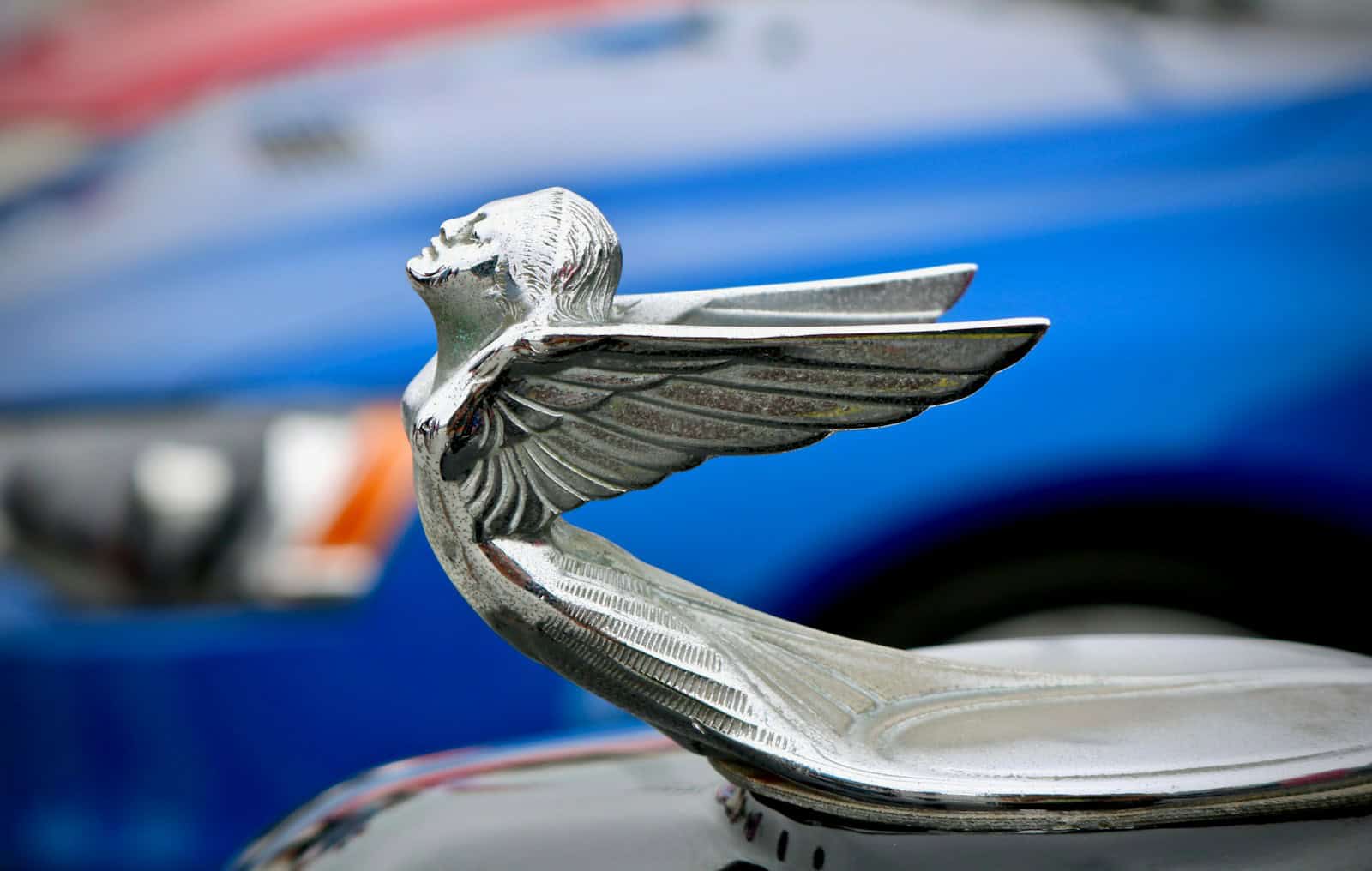
Photo by James Lee on Unsplash
Boeing To Introduce Flying Cars in Asia by 2030
April 19, 2024
Boeing, the U.S. aircraft manufacturer, has set its sights on introducing flying cars to Asia by 2030. The move aims to meet the growing demand for quick and efficient travel in the region’s congested cities. The company’s chief technology officer, Todd Citron, shared this vision with Nikkei Asia.
Under its subsidiary, Wisk Aero, Boeing is working on electric vertical take-off and landing (eVTOL) vehicles. These aircraft will feature autonomous technology, a rare feature among eVTOLs. Initially, Boeing plans to secure certification in the U.S. before extending its reach to Asian markets. The specifics of Boeing’s Asian business strategy, such as selling the eVTOLs to transportation service providers or running the services themselves, are yet to be determined.
Japan is among the countries Boeing is considering for its initial Asian launch. Currently, Japanese startup SkyDrive and Germany’s Volocopter have plans to operate air taxi services during the 2025 Osaka World Expo.
To bolster its research and development efforts, Boeing has opened a new facility in Nagoya. This marks the company’s seventh R&D center outside the U.S., joining locations in Australia, South Korea, and India. Previously, Boeing had rented space from other companies for its Japanese R&D operations, which were first established in 2022.
Nagoya was chosen as the site for the new facility due to its proximity to major suppliers like Mitsubishi Heavy Industries, Kawasaki Heavy Industries, and Subaru, all of which manufacture crucial components for Boeing. Additionally, the region boasts a strong automotive industry, which Boeing sees as a potential collaborator, particularly in the areas of fuel cells and electric vehicles.
Boeing Japan president, Will Shaffer, highlighted the benefits of locating in Nagoya, emphasizing the region’s access to skilled talent. Currently, Boeing employs 27 R&D professionals from 12 different countries in Japan, with plans to expand this number to around 50 in the coming years.
At the Nagoya facility, Boeing will focus on developing digital tools for aircraft design and manufacturing, researching sustainable aviation fuels, hydrogen fuel cells, and composite materials for aircraft bodies. The facility will also explore recycling technologies and methods to enhance production efficiency, along with the use of factory robots.
Recent News
Snapchat Reveals Latest AR and ML Tools for Brands and Advertisers
Snapchat has introduced a range of new augmented reality (AR) and machine learning (ML) tools created to assist brands and advertisers in engaging with users on the social platform through interactivity.
Ground Beef Sold at Walmart Recalled for E. Coli Contamination
The beef, sold at Walmart and other retailers, is from Cargill Meat Solutions.
Carvana Shares Rise 30% as Pre-Owned Car Seller Reveals Record First Quarter
Shares for Carvana shot up by over 30% after it reported record results and made a profit in the first quarter.
Peloton, Hyatt Team Up To Offer Bikes, Loyalty Points at 800 Hotels
Peloton and Hyatt’s new partnership is an attempt to revitalize the cratering brand.

